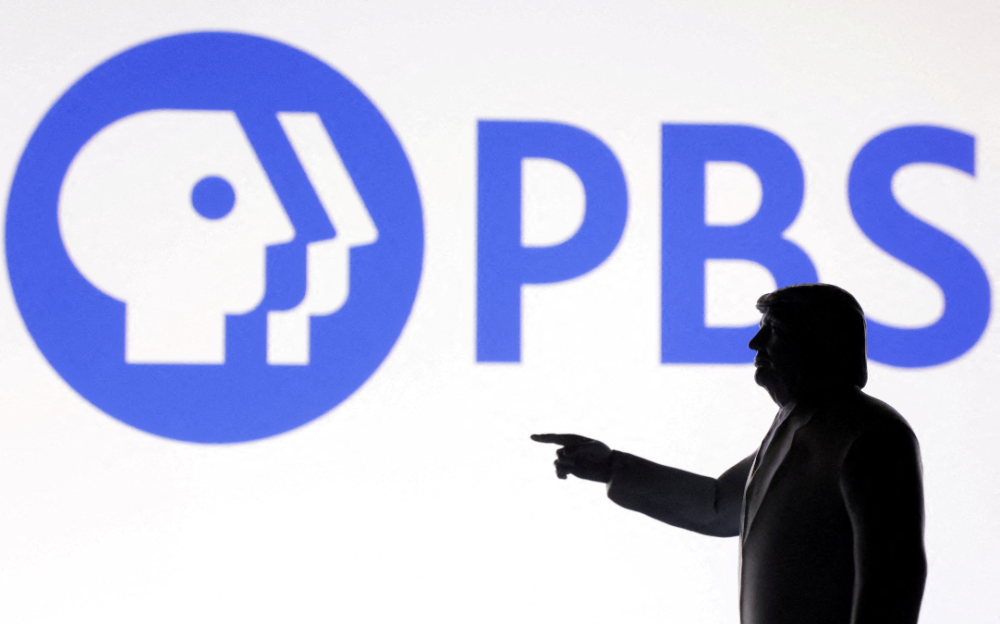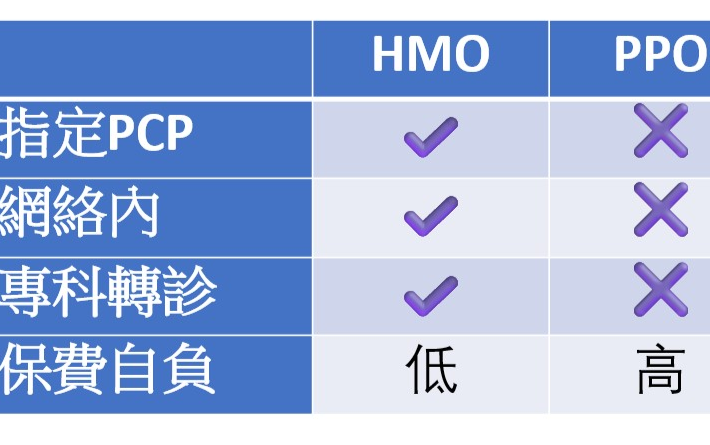点击浏览 休斯顿黄页 电子书
美国公共电视广播说再见

美国公共电视广播说再见
——一场静静落幕的文化告别
在一个清晨,没有隆重的仪式,没有热闹的送别,美国公共电视悄然说了再见。银幕上的最后一帧画面,是一段儿童节目的重播,声音微弱,彷彿从上个世纪遗落而来。
曾几何时,PBS(美国公共电视)是美国人灵魂深处的一盏灯。它不喧闹,不喧宾夺主;它不贩售恐慌,不迎合流行。它用《芝麻街》教孩子读书,用《NOVA》带青年穿越宇宙,用《Frontline》刺破新闻表象,用《Masterpiece》让我们在英伦古堡与人性中徘徊。
它从来不追逐收视率,而是守住知识、艺术与良知的边界。它是少数让我们在深夜放下手机、安静凝视的一个窗口。
然而,在算法垄断内容的时代,在商业赞助主导话语权的媒体生态中,这样一种温和、理性、以公共利益為初衷的媒体,变得越来越不合时宜。年轻观眾流向短影音,广告商寻求即时变现,政府预算一次次缩水,PBS像一位老画家,还没画完最后一笔,就被告知「画廊关门了」。
不是它错,不是它老,而是这个时代变得太快,快得不再容纳静静说话的声音。
在它说再见的那天,有人回顾自己童年坐在电视前跟着字母歌唱的记忆,有人回想那场从伊拉克战争到华尔街危机的深度报导,有人翻出十年前录下的纪录片,轻声道:「那是我看过最真诚的一部片。」
其实,我们不是只是在与一个电视频道告别,而是在告别一种精神:相信知识无价,相信真理值得花时间探究,相信每个人都应该有权利,不被商业目的污染地,理解这个世界。
当「公共」变得不再重要,当「慢」被视為落后,当「价值」让位於「流量」,我们失去的,远不只是一个频道,而是一整代人的文化记忆与认知方式。
美国公共电视说再见了。我们能不能在说再见的瞬间,停一停,看一看,想一想:
未来,我们要如何留住那盏灯?
American Public Television Says Goodbye
—A Quiet Farewell To A Cultural Era
One quiet morning, without fanfare, without a formal ceremony, American public television softly said goodbye. The final frame on the screen was a rerun of a children’s show—its voice faint, like an echo from another century.
Once, PBS was a beacon in the American cultural landscape. It didn’t shout. It didn’t chase trends. It didn’t sell fear or pander to algorithms. Instead, it taught children the alphabet with Sesame Street, took young minds across galaxies through NOVA, peeled back the layers of truth with Frontline, and it allowed us to wander through the chambers of the human heart with Masterpiece.
It never cared for ratings—it cared for reason. It drew boundaries with conscience, not with commercials. It was one of the rare places where we could put down our phones at night and just… listen.
But in an age of speed and noise—where content is sliced into seconds, where platforms are run by profit and precision, and where attention spans are traded like currency—such gentle, deliberate storytelling no longer finds a place. Younger audiences drifted to TikTok. Sponsors followed immediacy. Budgets shrank. And PBS—like an aging artist halfway through a masterpiece—was told the gallery was closing.
It wasn’t wrong. It wasn’t obsolete. The world simply moved too fast to hear a voice that speaks so softly.
On the day it said goodbye, some revisited memories of childhood hours spent in front of the television, learning letters with puppets. Others remembered documentaries that dared to go deep—from the Iraq War to the 2008 stock market crash. Still others found old tapes and whispered, “That was the most honest show I ever watched.”
This isn’t just the end of a channel. It is the fading of a spirit:
The belief that knowledge is priceless.
That truth deserves time.
That everyone, regardless of income, deserves access to art, education, and thoughtful dialogue.
When “public” becomes irrelevant, when “slow” is seen as weak, when “value” gives way to “views,” we lose more than a program. We lose a way of seeing the world.
American public television says goodbye.
And as we watch that gentle light fade out, the real question remains:
In the future, will we find a way to keep the light on?































